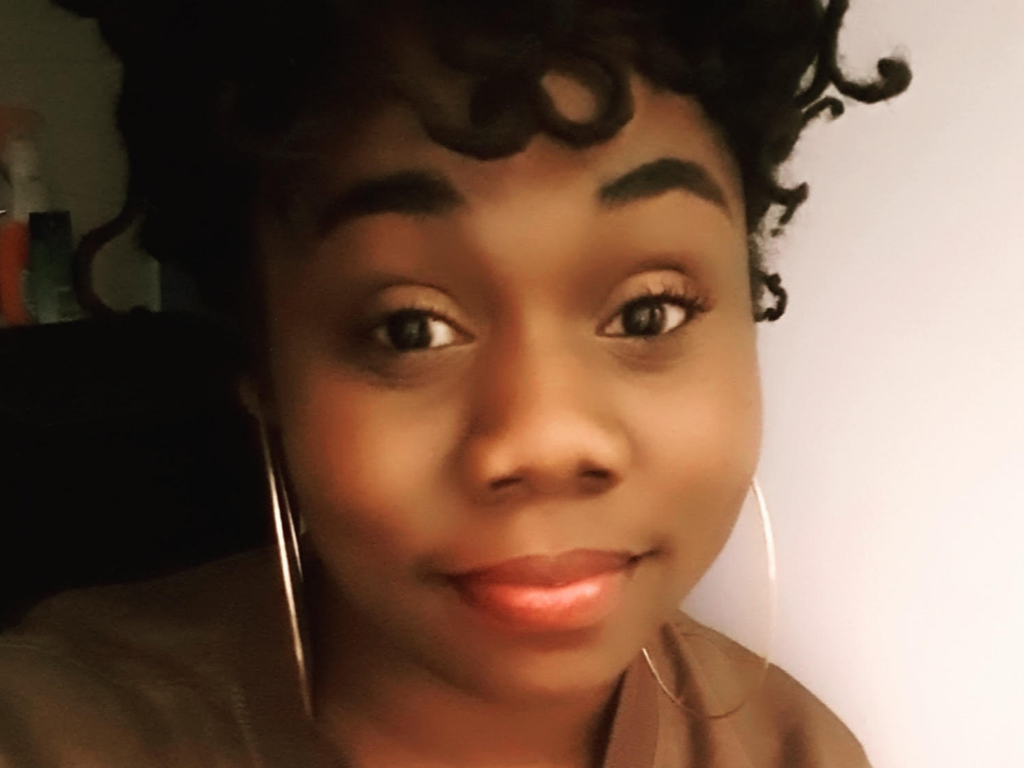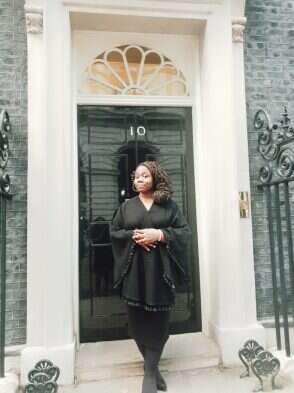
Huffpost reporter Nadine White is joining The Independent as its first dedicated race correspondent.
White told Press Gazette that reporting about issues relating to race, and amplifying black perspectives in particular, was “part and parcel” of why she became a journalist.
She said she wanted “to be part of the change that I’ve always wanted to see” and that being race correspondent was both her “dream role and an important continuation of the work I’ve been doing over these years”.
The role of race correspondent appears to be a first for the UK media, although the Guardian and BBC each have community affairs correspondents with similar intentions. The Guardian appointed two correspondents in December to improve its reporting on the social, political and economic experiences of the UK’s diverse communities.
The BBC meanwhile also has a gender and identity correspondent, Megha Mohan, who also covers issues around race.
White grew up in Brixton, in south London, and said she and many others around her felt that “journalists didn’t come from where we come from”.
“When we turned on the TV and when we picked up newspapers we didn’t see our perspectives reflected,” she said.
“We, as black people, felt ostracised from wider society as though we didn’t matter, and so I was driven to become a journalist in order to challenge the perception that black people’s perspectives didn’t deserve to be heard. News should speak to everyone in society. So reporting on race is part and parcel of my reason for becoming a journalist.”
[Read more: BBC’s Rianna Croxford on importance of telling BAME stories though the Covid-19 pandemic]
White, who has spent more than two years at Huffpost UK leading coverage around race and breaking stories like the SPAC Nation church accused of exploiting its congregation, added: “I want to be a part of the solution and part of helping to redress the balance.”
Role created to uncover stories that go untold
The Independent said it had created the role to better report on issues affecting the lives of people of colour and expose stories of racial injustice.
Acting editor David Marley said White has “already proved herself to be a brilliant and brave reporter and we look forward to Nadine driving forward our coverage of this vital area and uncovering stories that too often go untold”.
[Read more: Independent eyes acquisitions as it marks fourth year of profit despite Covid-19]
White praised The Independent for being “honest about the fact that coverage of race needs to be prioritised” and said she had already noticed an increased focus on stories about race and racial inequalities from the newsbrand.
The role will not mean she is the only journalist reporting on issues around race in the Independent newsroom, but rather that she will lead a “collective effort to diversify the content and the perspectives within the newsroom”.
White believes that race should be treated with the same respect and legitimacy as traditional newspaper beats like health, home affairs and technology.
“In many ways race and ethnicity have been central themes in the unfolding of the events that make the national news agenda,” she said, giving Covid-19 and Brexit as examples, “and yet consistent and nuanced reporting on race is not prioritised in the same way that other beats are.”
Asked if a white journalist could hold the role of race correspondent, White said she did not believe so because of the nuance and perspective required.
“That’s not to say that a white journalist can’t report on race full stop, can’t touch the topic, I don’t think that’s true,” she said.
“But a race correspondent leading the coverage and helping to set the tone would need to be somebody who has lived experience of grappling with race every single day and that can only be a person of colour,” she said.
[Read more: ‘Culture of fear and cliquiness’ in UK newsrooms must end to move diversity conversation forward]
‘Long way to go’ to improve industry diversity
According to the 2011 census, 14% of Britons come from non-white ethnic groups. According to one 2015 survey, 0.2% of journalists are black versus 3% of the general population.
In London, where much of the UK media is based, 60% of the population is white, 19% is Asian/Asian British and 13% black according to the 2011 census.
White said it was “encouraging” to see recent coverage about improving diversity in UK journalism but added that “I’ve yet to see the conversations translate into tangible change”.
Of the past year White added: “I think it was good to see a lot more editors commissioning opinion pieces, for example, about black perspectives following the global resurgence of Black Lives Matter but I feel like it’s died down a bit if I’m being honest coming up to the anniversary of George Floyd’s killing. The energy, the vim, seems to have dwindled quite a bit and that’s worrying.
“I would love to eventually see a world where lack of diversity is not an issue in UK newsrooms, but we’re far away from that. We’re far away from what might be considered utopia in that regard.”
‘It can be cold out here for a black journalist’
She called for more recruitment at junior levels but also better diversity within the decision-makers of newsrooms “because that is how balance and nuance is achieved”.
“It’s not just enough to have more black reporters on the ground, that’s fantastic and it’s important, but also diversity at the very top as well.”
[Read more: Research finds dearth of women and BAME voices on front pages and in prime time news coverage]
She said ethnic minority journalists, especially those covering race, also need sufficient support from their employers as it is so common for them to receive abuse online.
White said: “One of the many great things about working at HuffPost is the support that my editors have given me to come to terms with that and to manage that.
“I think support is important for journalists manoeuvring media which is a white-dominated space and can sometimes be a hostile environment, not necessarily from colleagues but from the racist trolls that thrive on targeting us because of who we are and the kinds of things that we’re reporting about.
“I don’t think it’s enough to have black staff in newsrooms, I think they need to feel supported and as white allies it’s important that you show up for us and support us. It can be cold out here for a black journalist in the media sphere.”

Picture: Nadine White
White was recently flooded with abuse after Equalities Minister Kemi Badenoch tweeted screenshots of emails in which the journalist asked for comment about her non-participation in a video encouraging ethnic minorities to get the Covid-19 vaccine.
Huffpost editor-in-chief Jess Brammar complained to the Cabinet Office about the posts, which accused the news outlet of trying to “sow distrust”, but the Government has since said that as the tweets came from Badenoch’s personal account they are her own responsibility.
[Read more: Cabinet Office says Kemi Badenoch Twitter tirade vs Huffpost reporter OK as personal account]
White said she was “shocked and appalled” by the abuse she received as a result but heartened by support from industry colleagues and members of the public.
But she warned the incident “threatens to set a dangerous precedent that a government minister would take aim at a journalist for holding them to account – when that is the very function of a journalist”.
White said: “It’s very unfortunate that a government minister saw fit to target me for doing my job.
“Moving forward in this brief as race correspondent I’m going to have to be in regular contact with the Equalities Office in particular asking questions about matters to do with race and equality. I look forward to moving forward and continuing to hold the government to account.”
Email pged@pressgazette.co.uk to point out mistakes, provide story tips or send in a letter for publication on our "Letters Page" blog
